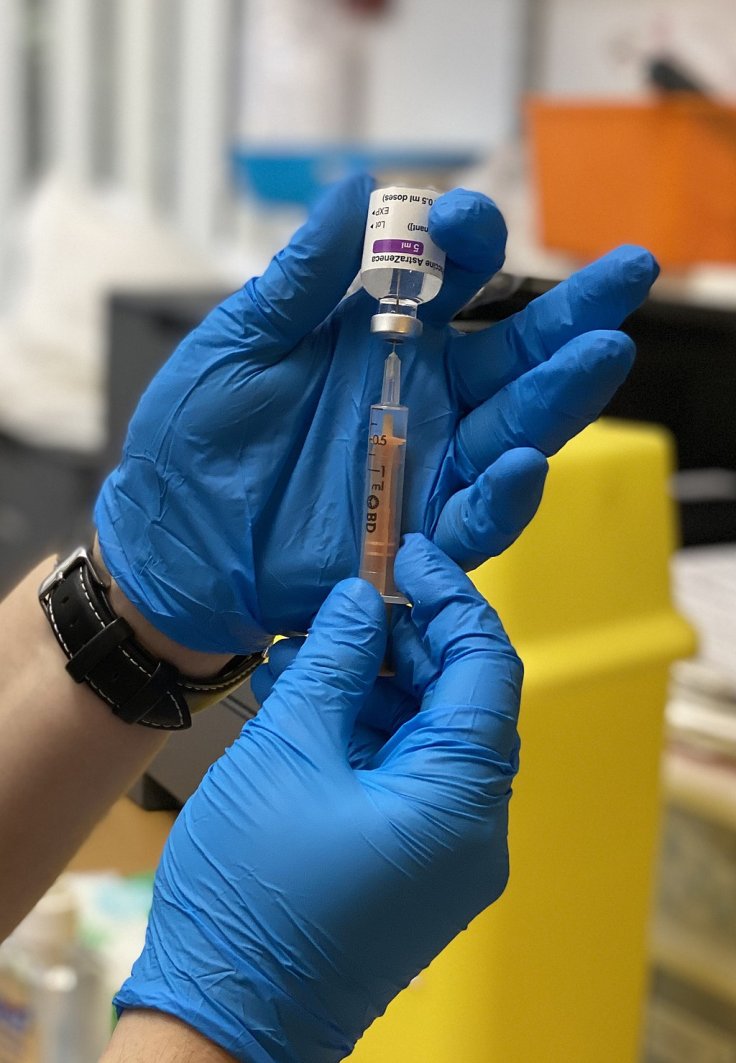AstraZeneca has updated the Covid-19 vaccine information, slightly lowering the efficacy level in the process. The move comes after results of trials held in the US were criticized for being outdated. The criticism had raised concerns if the company would be able to get through with approval for use in the United States.
In the latest update, AstraZeneca said the shot was 76 percent effective in its US. Earlier, the company, which developed the vaccine in cooperation with the Oxford university, had said the efficacy was 79 percent.
Highly Effective in Adults
"The primary analysis is consistent with our previously released interim analysis, and confirms that our COVID-19 vaccine is highly effective in adults, including those aged 65 years and over," Mene Pangalos, AstraZeneca executive vice president for BioPharmaceuticals research and development, said. "We look forward to filing our regulatory submission for Emergency Use Authorization in the U.S," he added, according to Bloomberg.

The English company said the earlier reading was based on data collected until February 17. The move comes amid widespread concerns in Europe over the vaccine. Several European countries had suspended the use of the vaccine over fears of blood clots that apparently formed in some people who received the vaccine. The company has clarified that its vaccine does not create blood clots, and several nations have now lifted the suspension.
According to AstraZeneca, those aged 65 and above were 85 percent less likely to develop symptomatic disease after getting the shots.
European Medicines Agency's View
Earlier this week, AstraZeneca had said trials in the United States, Chile and Peru showed the vaccine was 79 percent effective at preventing symptomatic COVID-19 and could bolster confidence in the product after confusion over its efficacy data, dosing regimen and possible side-effects.

The European Medicines Agency regulator said last Thursday the vaccine is effective and not linked with a rise in the overall risk of blood clots. This was necessitated after a survey in seven European countries showed people were more likely to see the vaccine as unsafe than safe, Reuters reported.









